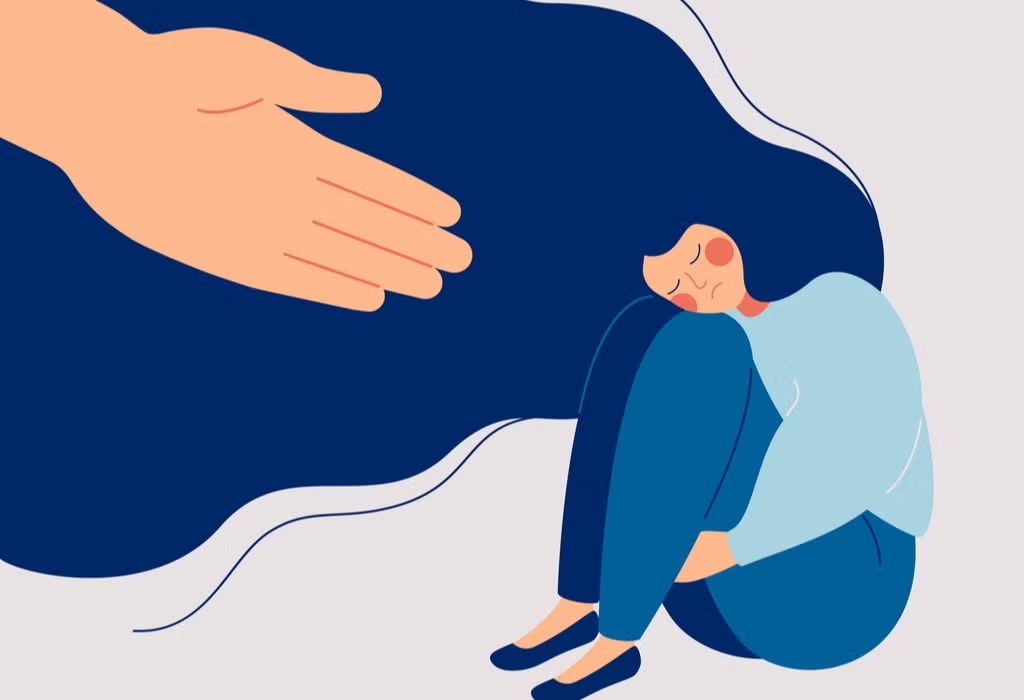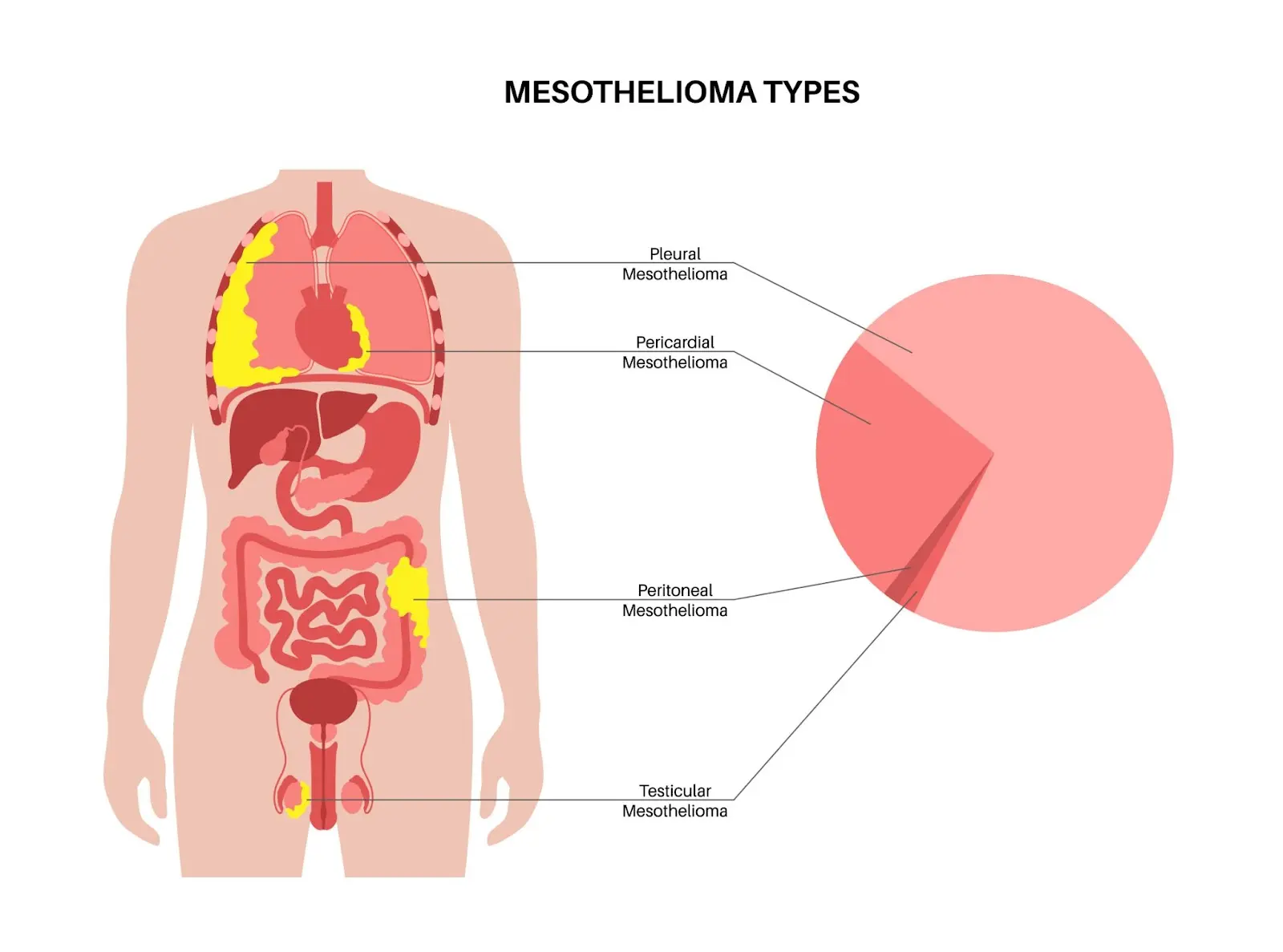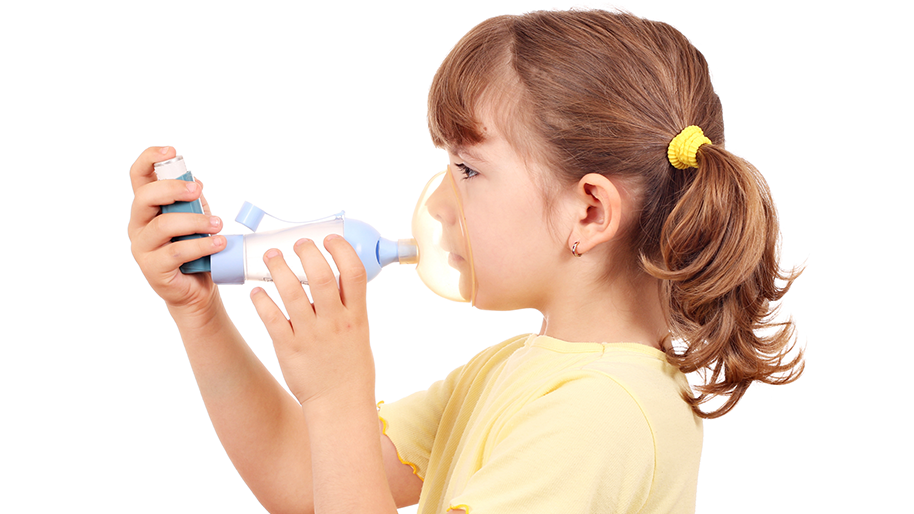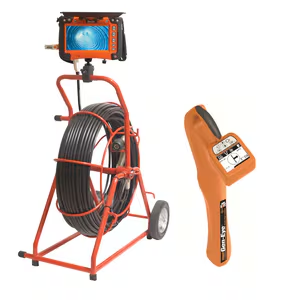Selecting the Best Rehab Center: Key Factors to Consider
When selecting the best rehab center, consider location, treatment options, and staff qualifications. Evaluate the facility's atmosphere and aftercare programs to ensure a supportive environment. Check for accreditation and read patient reviews to gauge effectiveness. Lastly, assess the cost and insurance compatibility to find a center that meets your needs and enhances your recovery journey.
Introduction
Choosing the right rehabilitation center is a crucial step in the journey toward recovery from addiction or mental health issues. With a multitude of options available, it can be overwhelming to decide which facility is best suited for your needs or those of a loved one. This article outlines the key factors to consider when selecting a rehab center, ensuring that you make an informed decision that promotes effective healing and recovery.
Understanding Your Needs
The first step in selecting a rehab center is to understand the specific needs of the individual seeking treatment. This includes identifying the type of addiction (substance abuse, behavioral addiction, etc.) or mental health issue (depression, anxiety, etc.) that requires attention. Different facilities specialize in various forms of treatment, so knowing what you need is essential.
Types of Rehab Facilities
Rehab centers come in various forms, including inpatient, outpatient, residential, and day treatment programs. Inpatient facilities provide 24/7 care and support, making them ideal for severe addiction cases. Outpatient programs offer flexibility, allowing individuals to attend therapy while maintaining their daily responsibilities. Understanding the distinctions between these options is vital in choosing a facility that aligns with personal circumstances.
Accreditation and Licensing
When evaluating rehab centers, it is essential to check for proper accreditation and licensing. Accredited facilities meet specific standards of care and are often recognized by reputable organizations. This ensures that they adhere to regulations and provide high-quality treatment. Look for accreditations from bodies such as the Joint Commission or the Commission on Accreditation of Rehabilitation Facilities (CARF).
Treatment Approaches
Different rehab centers employ various treatment methodologies, including cognitive-behavioral therapy (CBT), dialectical behavior therapy (DBT), holistic approaches, and medication-assisted treatment (MAT). Research the treatment approaches offered at each facility and consider which methods resonate with you or your loved one. A center that provides a personalized treatment plan that incorporates evidence-based practices is often a more effective choice.
Staff Qualifications and Experience
The qualifications and experience of the staff at a rehab center play a crucial role in the quality of care provided. Look for facilities with licensed and trained professionals, including addiction counselors, psychologists, psychiatrists, and medical staff. Additionally, inquire about the staff-to-patient ratio, as a lower ratio often indicates a more personalized and attentive level of care.
Program Length
The length of treatment programs can vary significantly from one rehab center to another. Some facilities offer short-term programs lasting 28 days, while others provide long-term options that can extend for several months. Consider the severity of the addiction and the recommended duration of treatment. A longer program may be beneficial for those with a history of relapse or severe addiction.
Aftercare and Support Services
Recovery does not end upon leaving a rehab facility; aftercare is a critical component of sustained recovery. Inquire about the aftercare services offered by the rehab center, such as outpatient therapy, support groups, and alumni programs. A facility that emphasizes aftercare demonstrates a commitment to long-term success and the ongoing support of its patients.
Location
The location of a rehab center can significantly impact the recovery process. Some individuals prefer to stay close to home to maintain family connections, while others may benefit from a change of environment. Consider whether a local facility or one in a different state or country better suits the individual’s needs. Additionally, think about the accessibility of the location for family visits and support.
Cost and Insurance Coverage
Facility AmenitiesThe amenities offered at a rehab center can enhance the overall treatment experience. While the primary focus should be on the quality of care, comfortable accommodations, recreational activities, and access to wellness programs can contribute positively to recovery. Visit the facility if possible, or explore virtual tours and testimonials to gauge the environment.Client Reviews and Success RatesPersonalized Treatment PlansEffective rehab centers prioritize personalized treatment plans tailored to the unique needs of each patient. This individualized approach can significantly enhance the chances of successful recovery. During the initial assessment, the facility should conduct a thorough evaluation and develop a treatment plan that addresses specific issues and goals.Family InvolvementFamily involvement can play a vital role in the recovery process. Many rehab centers offer family therapy sessions, educational resources, and support for loved ones. If family support is crucial for the individual seeking treatment, choose a facility that encourages and facilitates family participation in the recovery journey.Cultural Competence and InclusivityIt’s essential to consider whether a rehab center is culturally competent and inclusive. A facility that respects and understands diverse backgrounds and identities can create a more comfortable and supportive environment for patients. If you or your loved one belongs to a specific cultural or religious group, inquire about the center's approach to inclusivity.Availability of Dual Diagnosis TreatmentFor individuals struggling with both addiction and mental health disorders, it’s crucial to choose a rehab center that offers dual diagnosis treatment. This integrated approach addresses both issues simultaneously, enhancing the chances of successful recovery. Ensure that the facility has the necessary resources and trained staff to provide comprehensive care for co-occurring disorders.Trial and ErrorFinding the right rehab center may require some trial and error. It’s essential to approach the selection process with an open mind and a willingness to seek help. If the first facility does not meet expectations, don’t hesitate to explore other options. The ultimate goal is to find a center that fosters healing and growth.ConclusionSelecting the best rehab center is a significant decision that can impact the trajectory of recovery. By considering the factors outlined in this article—understanding individual needs, evaluating treatment approaches, examining staff qualifications, and exploring aftercare options—you can make a more informed choice. Remember that recovery is a personal journey, and what works for one person may not work for another. Ultimately, the right rehab center is one that aligns with the individual’s needs and offers the support necessary for lasting recovery.
Explore

Top Online Therapy Platforms for Depression Support

Mesothelioma Treatment Options: What Patients Need to Know

Choosing the Right Health Insurance Plan: A 2025 Guide

Understanding Childhood Asthma: Symptoms, Causes, and Treatment Options

How Sewer Cameras and Locators Improve Plumbing Diagnostics

How to Choose the Best Online Supplement Store: A Shopper’s Guide

Top Car Insurance Providers in the U.S.: 2025 Rankings

Effective Medications for Arthritis Pain Relief: What Works Best?
